Shitsurindo and ZOZO NEXT Launched Collaborative Research on New Lacquer Techniques
KOGEI Topics VOL.19
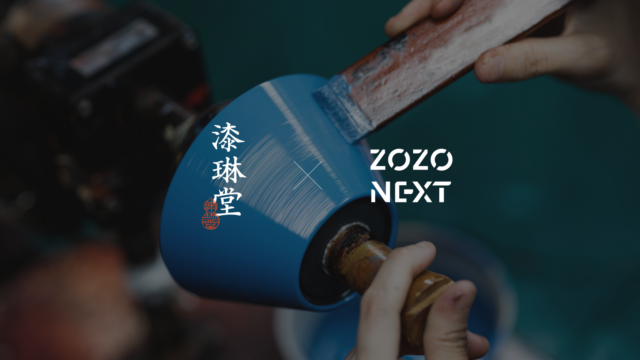

VOL.1-19
Update
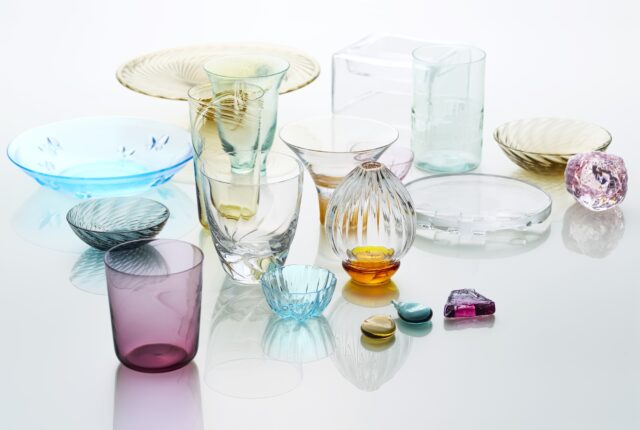
VOL.1-17
Update
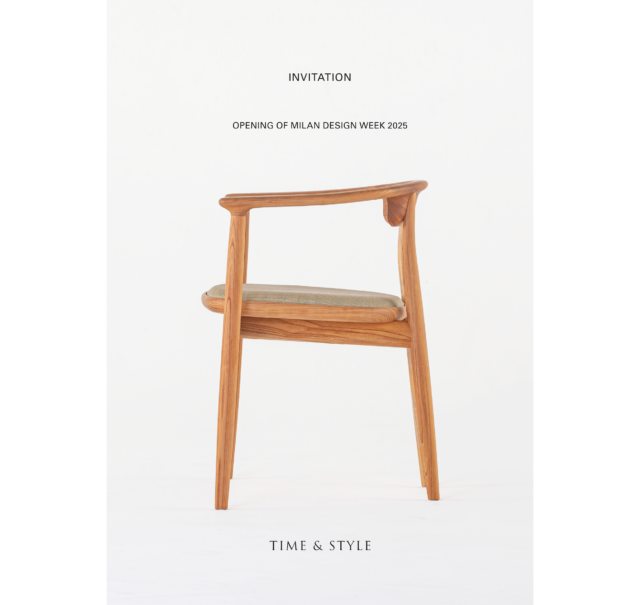
VOL.1-43
Update
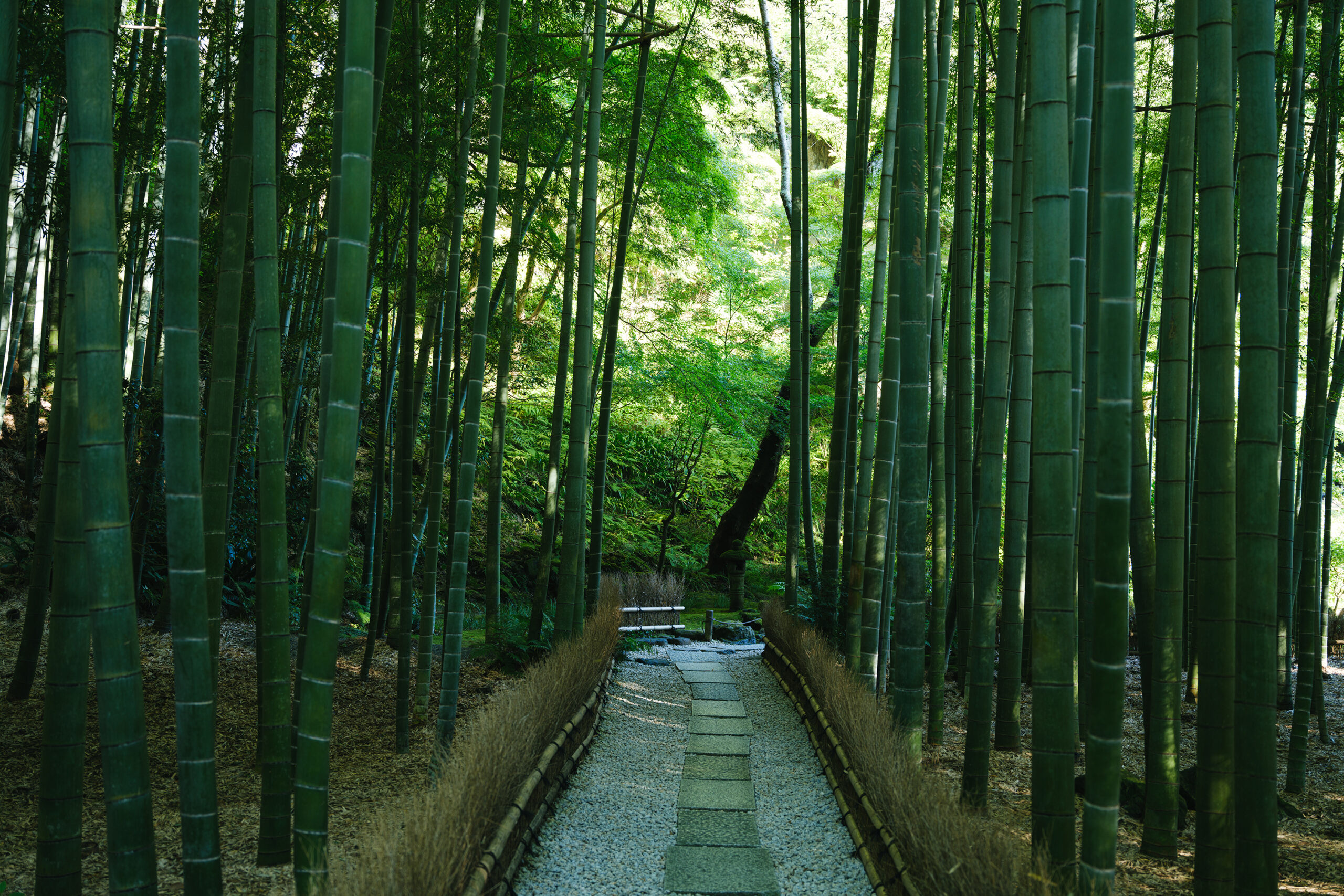
VOL.1-2
Update
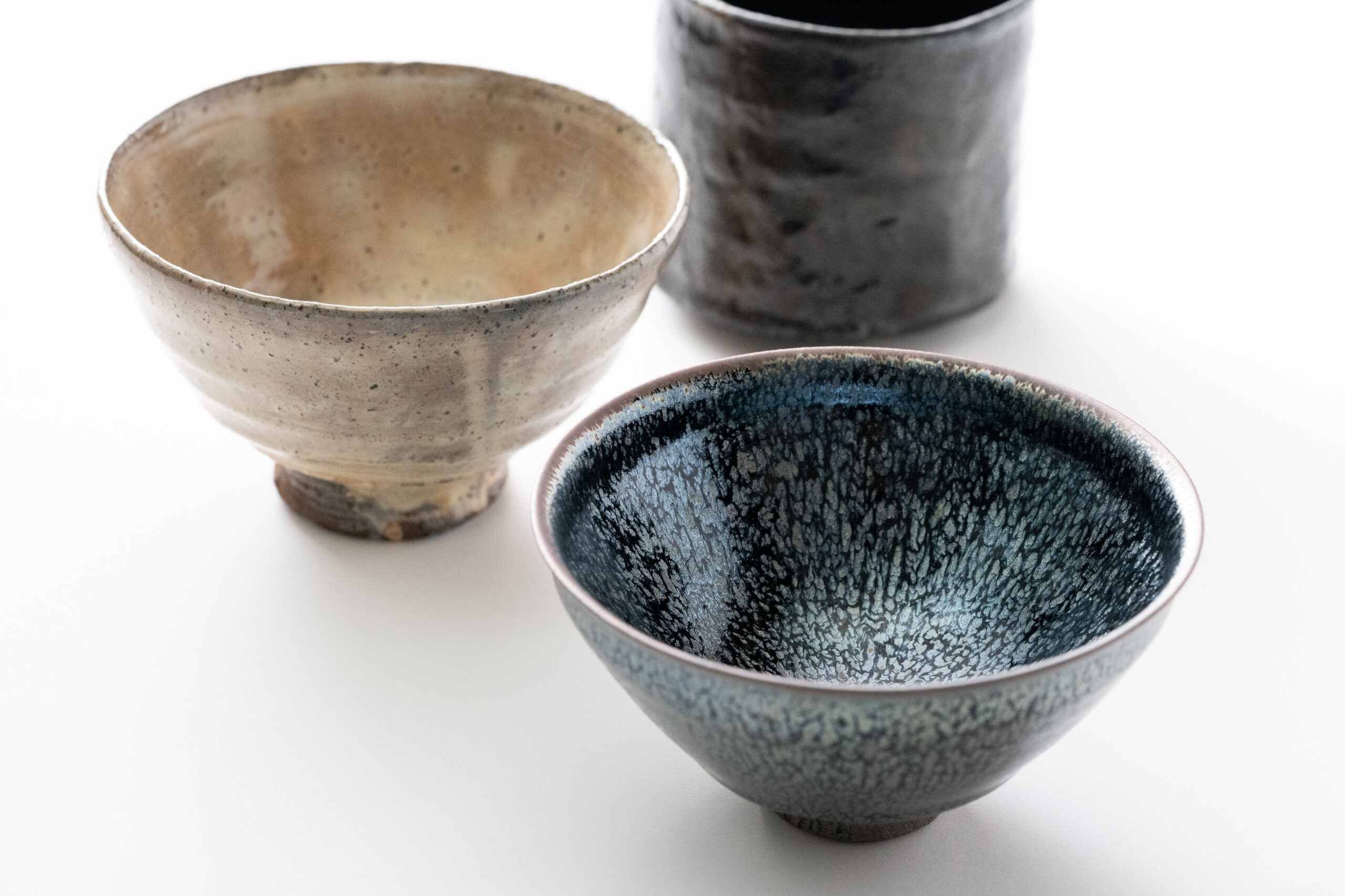
VOL.1-3
Update

VOL.1
Update

VOL.1-7
Update
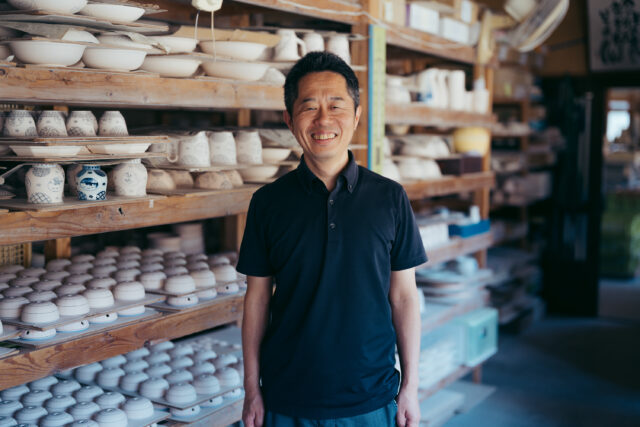
VOL.1-32
Update
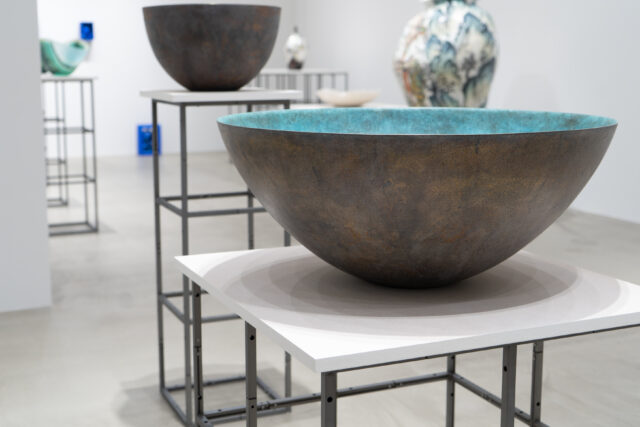
VOL.1-26
Update
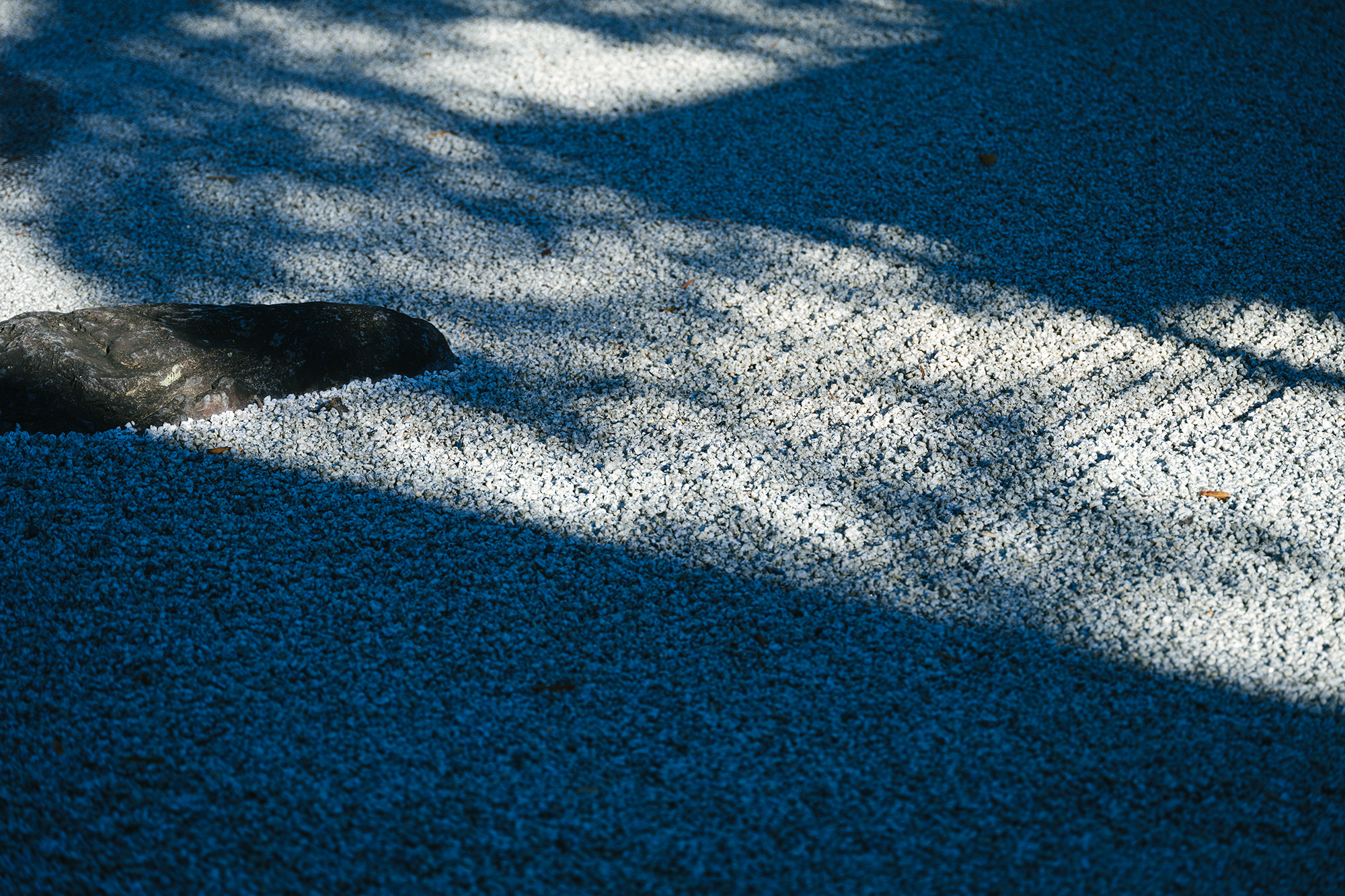
VOL.1-12
Update

VOL.1-3
Update
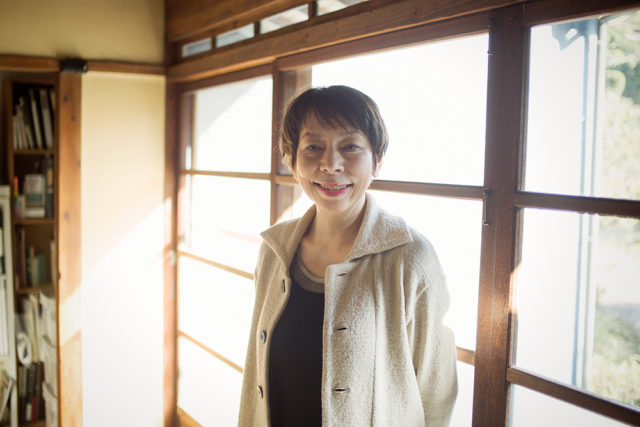
VOL.1
Update
We share a variety of information and perspectives on Japanese crafts, including exhibition information and interviews.
KOGEI Topics VOL.19
New Products VOL.17
Featured Exhibitions & Events VOL.43
KOGEI Topics VOL.18
Apr 5 – Jun 22, 2025
SEIKADO BUNKO ART MUSEUM
Apr 8 – May 6, 2025
The Gotoh Museum
Apr 11 – Jun 15, 2025
Kyoto City KYOCERA Museum of Art
Apr 12 – Jun 29, 2025
TOGURI MUSEUM OF ART

Tsugaru lacquerware, a traditional craft of Aomori Prefecture, is known for its painstakingly thorough process of applying and polishing lacquer repeatedly, earning it the nickname “baka-nuri” (foolish coating). The film “Tsugaru Lacquer Girl” explores human relationships through the lens of Tsugaru lacquerware, set in Hirosaki City, Aomori Prefecture. The protagonist, Miyako, works aimlessly at a supermarket after graduating from high school while assisting her father, Seishiro, a Tsugaru lacquerware craftsman. Both her father and grandfather, who once won the Minister of Education Award and was a renowned Tsugaru lacquerware master, hopes that Miyako’s brother, Yu, will continue the family business. However, Yu has chosen to become a hairstylist instead, and their mother left the family several years ago, tired of her husband’s devotion to his work over his family. Miyako, unable to voice her desire to pursue lacquerware, is inspired to take on a major project after meeting Naoto, a young florist she secretly admires.
Amid the declining demand and a shortage of successors challenging traditional Japanese crafts, the film delves into the root causes of these issues. It directly addresses the complex societal factors in Japanese communities, such as the deep-seated patriarchy that dictates the eldest son must inherit the family business and gender norms that prescribe women should marry and bear children. The film depicts these societal pressures not only within the realm of traditional crafts but also as familiar struggles in modern life. However, it avoids a negative or heavy tone. The durable Tsugaru lacquerware, made from natural materials, can be repaired and reused, suggesting a re-evaluation of the value of Japanese traditional crafts in a sustainability-focused society and offering an opportunity to reassess one’s values.
One notable aspect of this film is its ability to immerse viewers in the story’s world without requiring prior knowledge of the issues and social background surrounding traditional Japanese crafts. Seishiro, who initially criticizes Miyako’s efforts due to the harsh realities of the craft world, gradually comes to understand her determination as he witnesses her perseverance despite opposition. A touching scene shows him draping a coat over Miyako’s shoulders to keep her warm, showcases Seishiro’s awkward yet heartfelt paternal love. Watching Miyako confront obstacles with unwavering resolve and inspire those around her is truly encouraging. The film renews respect for the artisans who have preserved traditional crafts through generations and for those like Miyako who continue to uphold the tradition with steadfast determination.
The scenes depicting Tsugaru lacquerware production were filmed in an actual lacquer workshop, captured meticulously in a sequence lasting over four minutes. The beauty of Tsugaru lacquerware, illuminated by natural light, is reflected in the expressions of Mayu Hotta, who plays Miyako. Kaoru Kobayashi, in the role of Seishiro, embodies the quiet, awkward, and loving nature of a Tsugaru lacquer craftsman. The local dialects spoken by the Aomori-born casts are so authentic that even native Japanese speakers might find some parts challenging to understand. The depiction of daily life intertwined with the seasons of Mount Iwaki, also known as Tsugaru Fuji, and local soul food is portrayed with sincerity. The film strongly conveys a message to spark interest in Tsugaru lacquerware and Japanese traditional crafts through its storytelling.
Written by Nanako Matsuo
Related information
“Tsugaru Lacquer Girl”
Cast: Mayu Hotta, Ryota Bando, Toshiya Miyata, Reiko Kataoka, Yoshi Sako, Yoneko Matsukane, Eisuke Sasai, Masayuki Suzuki,
Jonagold, Ourin, Hana Kino, Nagatoshi Sakamoto, Kaoru Kobayashi
Directed by: KeikoTsuruoka
Screenplay: KeikoTsuruoka, Kensaku Kojima
Original story: Miyuki Takamori
Production company: 「Tsugaru Lacquer Girl」film partners
Distributor (Japan) : Happinet Phantom Studios
© 2023「Tsugaru Lacquer Girl」film partners
Official website: https://happinet-phantom.com/bakanuri-movie/
Official Twitter/Instagram: @bakanuri_movie
